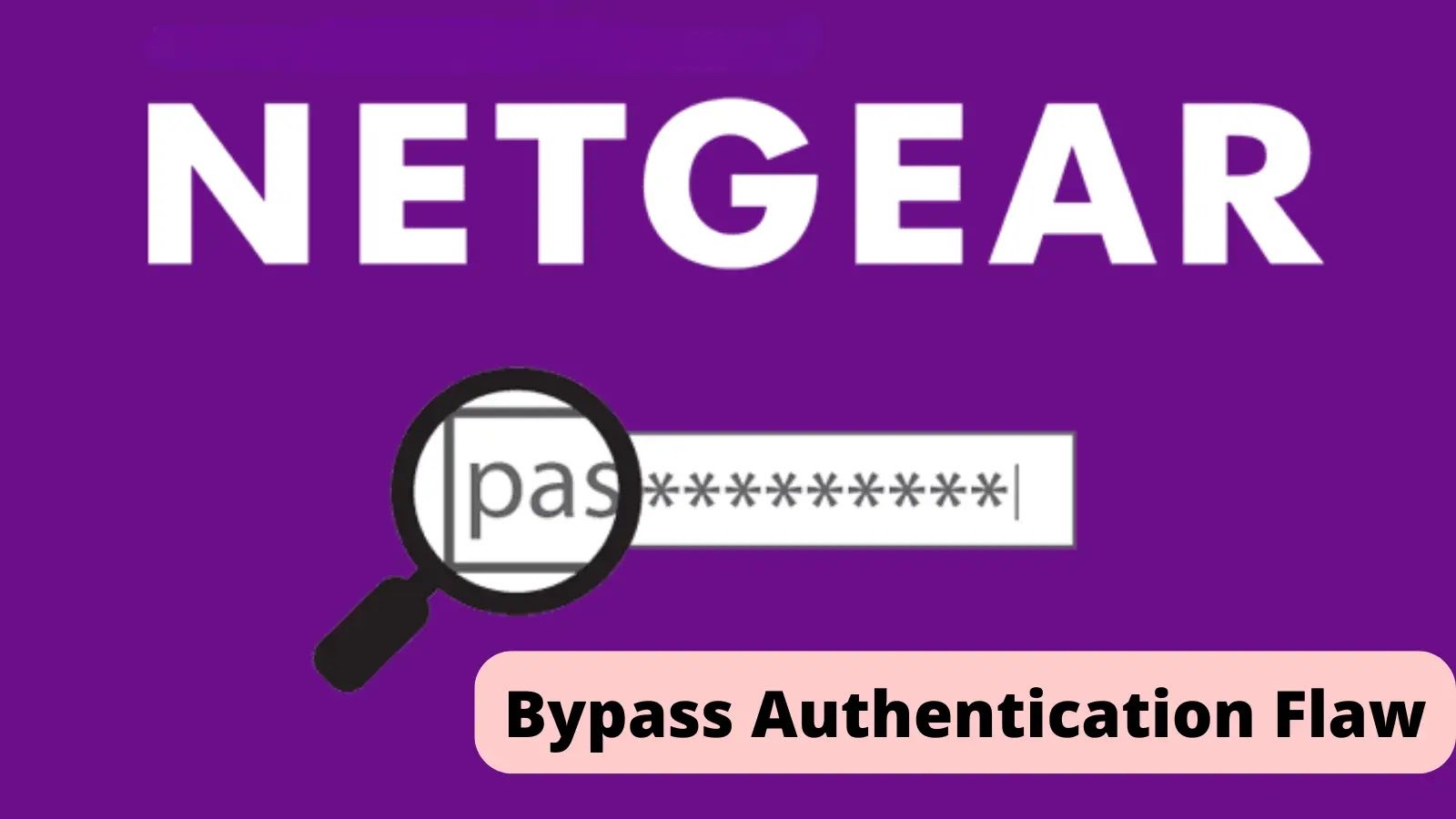What is a Proxy Server and how do they protect the computer network?
A Proxy Server is an intermediary server that acts as a gateway between a client (such as a computer or device) and other servers on the internet. When a client requests resources (web pages, files, etc.) from the internet, the request is first sent to the proxy server, which then forwards the request to the target server. The target server responds to the proxy server, and the proxy server, in turn, relays the response back to the client. This process effectively hides the client’s IP address from the target server, providing several benefits for protecting the computer network:
- Anonymity and Privacy: The proxy server acts as an intermediary, masking the client’s IP address from the target server. This enhances the user’s privacy and anonymity, making it more difficult for the target server to identify and track the client.
- Content Filtering: Proxy servers can be configured to implement content filtering policies, blocking access to certain websites or types of content. This helps in preventing access to potentially harmful or inappropriate content, enhancing network security and ensuring compliance with company policies.
- Access Control: Proxy servers can be used to enforce access control policies. For example, they can restrict access to specific websites, resources, or services, allowing organizations to control what their employees or users can access on the internet.
- Caching: Proxy servers can cache frequently requested resources locally. When multiple clients request the same resource, the proxy can serve the cached copy, reducing the load on the target server and improving network performance.
- Bandwidth Savings: By caching content and serving it locally, proxy servers can reduce the amount of data transmitted over the internet, leading to potential bandwidth savings for the organization.
- Security and Firewall Functions: Proxy servers can act as an additional layer of security between the internal network and the internet. They can inspect incoming and outgoing traffic, detecting and blocking potential threats, such as malware, viruses, or malicious websites.
- Load Balancing: In some cases, proxy servers can distribute incoming client requests across multiple target servers, helping to balance the load and improve overall performance and reliability.
It’s essential to note that while proxy servers provide these protective benefits, they are not a replacement for other security measures like antivirus software, firewalls, or strong network infrastructure. Additionally, the effectiveness of a proxy server in protecting a computer network depends on proper configuration and maintenance, along with keeping up-to-date with the latest security threats and best practices.




